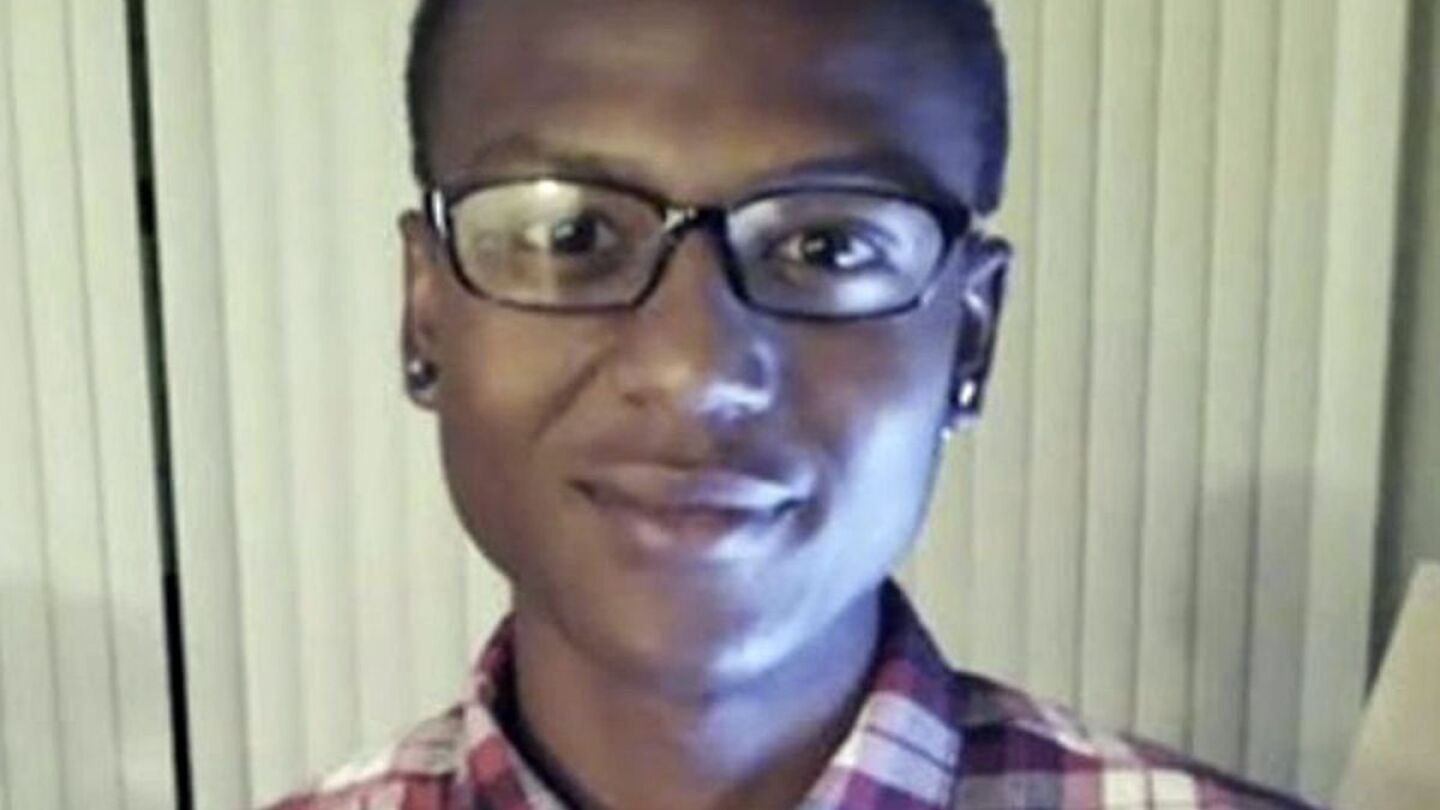and
My issue isn't that the kid is dead; my issue is that the paramedics are being criminally charged for a systemic issue. They followed the rules that their medical director laid out, in the circumstances they were in. Even the cops, if the choke hold was in accordance to their training (I don't know, and I don't care), and their followed their training as their employer directed them to, then it's a leadership systemic issue, and it's wrong to criminally charge the staff for follow the lawful rules of their employer.
This is the complete opposite of the Vanderbilt nurse, who bypassed many of the controls that were in place during a non-emergency situation; this was an uncontrolled scene, at night in the dark, with a combative patient. and once the paramedics noted a problem, they took action immediately.
Do I think things could have been done differently? absolutely, and hindsight is 20/20. We can what if this until the end of time. and it's really easy to review this situation online, at home, or in an office afterwards. It's even easier for a lawyer to stand up in court and say how these paramedics killed the person, and should never have been paramedics, and should be tarred and feathered every day during their life sentence.
But I can also say that if I was in the same position as the two paramedics, with limited information, with the cops fighting with a combative and violent EDP, in the dark, I would follow my MD's orders and give the same dose (assuming the dose was correct, based on the information they have).
To expand on my point:
What I take away from this and similar situations is just that it was entirely unnecessary and avoidable and that hiding behind that fact that no one appears to have violated any laws or protocols doesn't change the fact that the entire response was flawed and a young man is dead because of it.
Let's start with the 911 caller. They reported that Elijah did not appear to have a weapon, nor did he appear to be threatening anyone. OK....not threatening, not breaking any laws, so why again are you calling the police? Because he is dressed unusually and is dancing as he walks? Sure, that *could* be a sign of a problem, but if I called the police every time I saw someone fitting that description in Asheville or Charlotte and they responded to every one, my calls alone would constitute a significant portion of the police department's work load. It hardly seems necessary to get law enforcement involved in such a scenario. There are a dozen ways that an interaction between the police and a citizen can go sideways, and when they do it's bad for everyone, but almost always much worse for the citizen. "If you see something, say something" is total BS when the only thing you see is someone acting in a way that you deem unusual. I'm not sure how Karen Culture got to be what it is, but it is just plain wrong and it always has the potential to lead to something like this.
Now on to the police response. The police essentially have one tool: violence, or at least the threat of it, and when the only tool you have is a hammer, everything looks like a nail to you. Because of the way police are trained and to some degree because of human nature, they interpret everything other than immediate and total compliance as an immediate threat to not only their authority but also their physical safety, and react accordingly. The problem is that citizens are subject to the effects of human nature as well, and fear, confusion, misunderstanding, not being able to hear instructions because you have headphones in or have poor hearing, being intoxicated even if not otherwise violent or disruptive at all, or being autistic or having other neuro-divergent characteristics will all often be interpreted as willful noncompliance and trigger a violent response from the police. Even showing any level of indignance or "having an attitude" at what you perceive as unfair targeting can do so. Once that train is rolling, it is hard to stop because at that point it has already been decided that you are a serious threat, and then even actions that in any other setting would be considered perfectly natural and reasonable - such a reaching out to break your fall as you are being tackled or trying to pry the attacker's arms away from your airway - is later described as "continuing noncompliance" or "reaching for the officers weapon" and that appears to be exactly what happened in this case. I'm not sure why they continued to remain dog-piled on this slightly-built 130 pound guy even after he started vomiting and apologizing and telling them he was having trouble breathing, but apparently that's what they are supposed to do. I'm not saying these were bad cops, nor am I even suggesting that anything they did violated the law or their training or SOP. In fact it all seems like a pretty standard police response, to me. That's the whole problem - the way these scenarios are approached by the police is fundamentally, seriously flawed.
Now on to the medics. Again, I'm not suggesting that they violated their training or protocols. I'm just saying.....500mg of ketamine? Especially in a patient who was already thoroughly restrained? WTAF? Oh yeah, that's right....."agitated delirium". The catch-all term that clinicians casually throw about but can't even define and can be used to describe pretty much anyone who is uncooperative. It's the medical equivalent of "he appeared to be reaching into his waistband". Again, just a horrible protocol and a horrible approach to "care".

